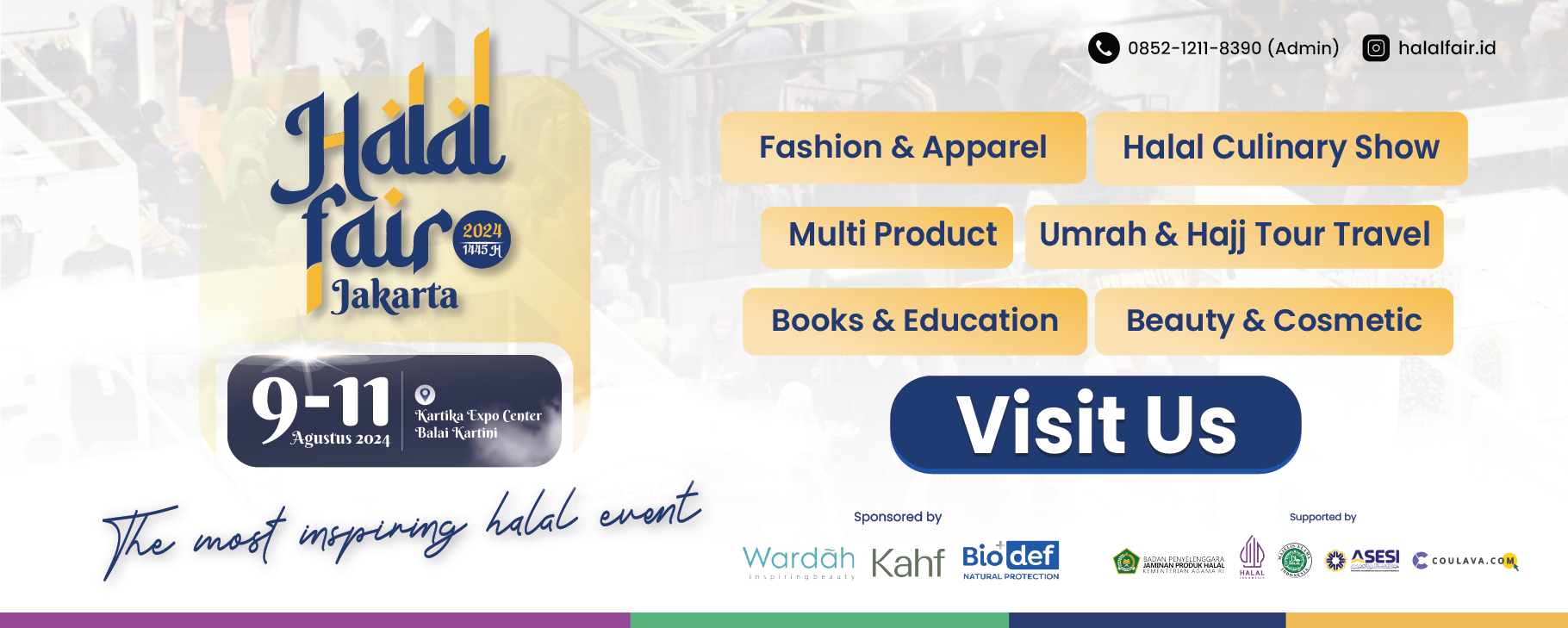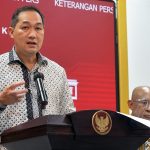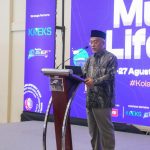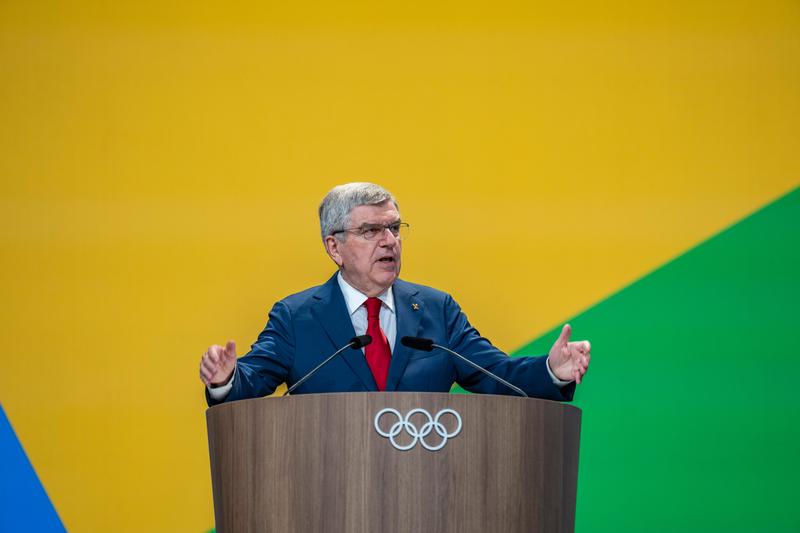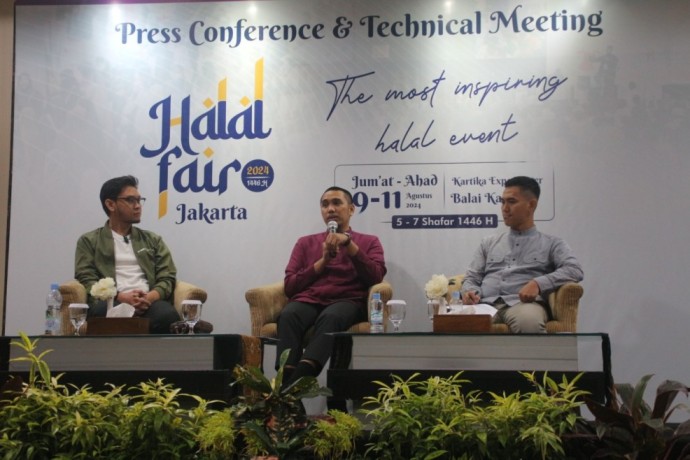One household in Indonesia produces 0.5 – 2 kg of sachet waste weekly

“We did a brand audit and the results showed Unilever to be the ‘champion’ of sachet pollution.”
Jakarta (Indonesia Window) – One household in Indonesia can produce 0.5 – 2 kilograms of sachet packaging waste in a week, according to a study from the Indonesian Zero Waste Alliance (AZWI) in a discussion on Stop Sachet: Building Movement to Support Sachet Limitation on Sunday (July 17).
“Through the Stop Sachet campaign, we are changing the narrative of recycling sachets into narratives of reuse and refill significantly, and encourage public compliance with national policies regarding plastic consumption and consumption by producers,” AZWI’s Co-Coordinator Rahyang Nusantara said.
However, the effort to handle sachet waste is quite challenging because sachets can be composed of metallic material or foil, and it is not easy to distinguish between these two materials. In addition, collecting small-sized sachet waste is also a problem in itself.
Meanwhile, the Nusantara River Expedition which has been held since the beginning of this year by the environmental activists from the Ecological Observation and Wetlands Conservation (ECOTON) found microplastic pollution in several major rivers in the country, namely Brantas, Bengawan Solo, Ciliwung, Citarum, and Ciujung.
“The expedition team found that the Ciliwung River is now flooded with sachet waste. This waste is produced by domestic and global companies,” ECOTON Program Manager Dr. Daru Setyorini said.
“As we all know, sachets are small flexible plastic packaging waste that cannot be recycled. These sachets are easy to spread and get caught in the branches and roots of riverside trees, releasing millions of microplastic particles containing phthalate chemicals and EVOH (Ethylene vinyl alcohol) which are toxic, disrupt the hormone system and trigger cancer,” Daru explained.
The study of the Nusantara River Expedition team also ranked producers who pollute sachet waste in the Ciliwung River.
“We conducted a brand audit and the results showed Unilever as the ‘champion’ of sachet polluters,” she said.
In line with Daru, Nexus3 Foundation Co-Founder Yuyun Ismawati pointed out that single-use plastic packagings have the potential to transfer harmful chemical compounds, such as PFAS, to food.
To make weather-resistant packaging, other harmful compounds are also used, such as UV-328.
“The use of hazardous compounds in these sachets is not only harmful to the health of consumers, but also accumulates in the environment. These chemicals would also cause a toxic circular economy,” Yuyun explained.
The responsibility for solving the sachet waste crisis is not only borne by the government, but also the producers.
The Environment and Forestry Ministerial Regulation No. 75 of 2019 concerning the Waste Reduction Roadmap by Producers states that each producer must be responsible for the waste they produce.
Meanwhile, the founder of the Surabaya Zero Waste Community, Hermawan Some, said that so far the responsibility of producers for their waste is still minimal.
“Unilever’s recycling process from household waste has stopped running since 2019. In addition, Unilever is not open about this, including how much can be recycled. Can all the collected sachets all be recycled? Of course not,” said Hermawan.
Unfortunately, the Asia Pacific Break Free from Plastic Program Coordinator, Miko Aliño, said that several regions in Indonesia and Asia generally have limited capacity to safely handle plastic sachet waste and often forces local governments to choose highly polluting treatment options such as incineration technology.
As a result, the treatment provided is only a pseudo-solution which in the end does not completely solve the problem.
“We are asking companies to stop producing and burning sachets, and instead invest significantly in reuse and refill systems,” Miko added.
Reporting by Indonesia Window
